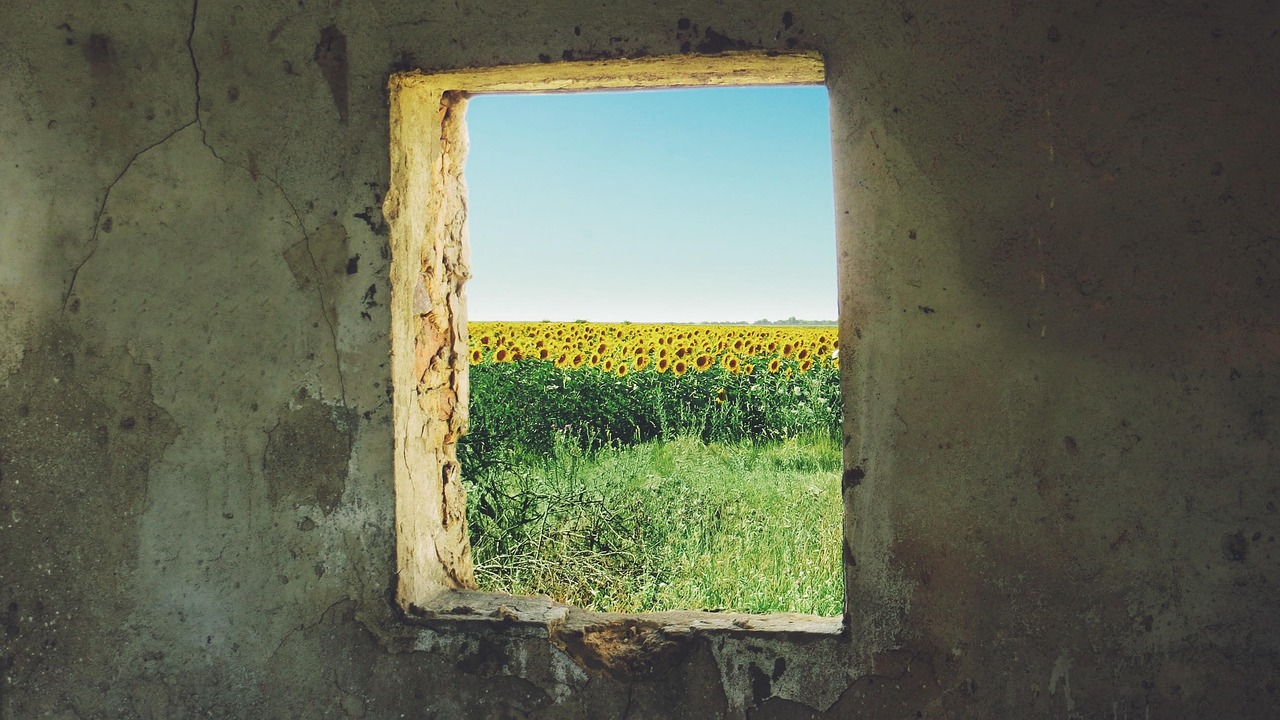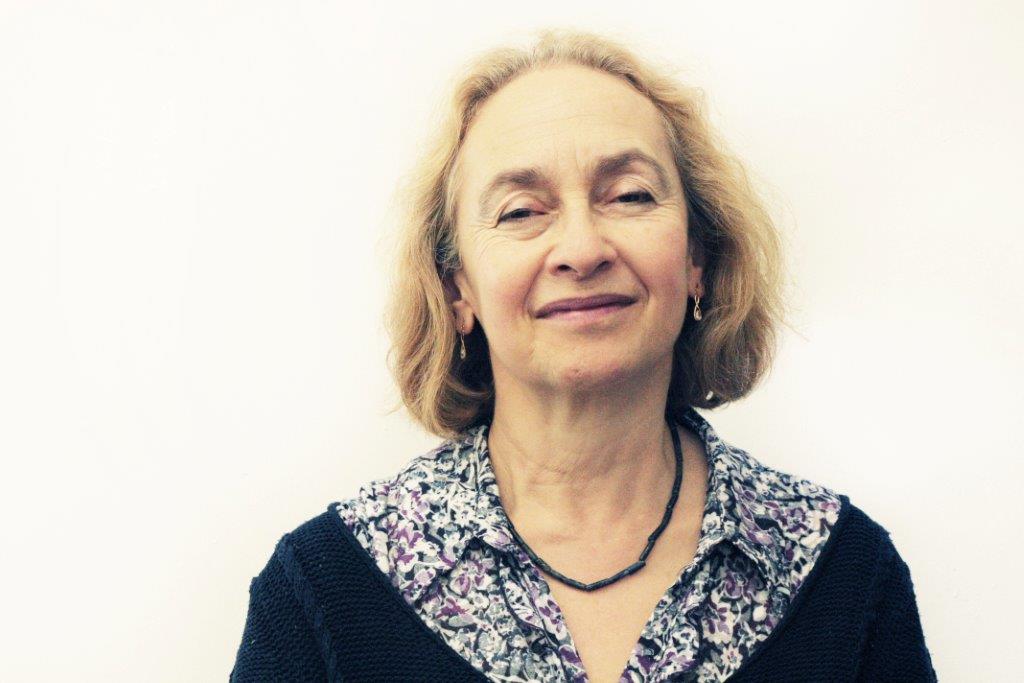READINGS – 18/07/2014
1) Reading
Stages and States
Laurence Freeman OSB
When we’re thinking about the journey, the spiritual pilgrimage, what I find helpful is to make a distinction between stages and states.
A state of mind is constantly changing. You may have a state of mind in your meditation which is very peaceful and joyful, integrated – a state of apatheia. But then the next day or the next meditation session, that has gone and you find yourself just facing a lot of distractions and dryness. So states of mind change. We know we can be very peaceful and happy and think life is going along quite smoothly, then you get a phone call or you get some angry person who crosses your path, an annoying person, and your state of mind is shattered and you’re filled with irritability and anger and sadness. So states of mind by definition are variable like the weather.
Stages are different. Stages are like birthdays; they’re milestones. You pass them and you don’t go back to them. They are markers of the fact that the journey we’re on is going in one direction. We don’t go back. Often we don’t recognise the stage in our life until we have already passed it. Stages require a more reflective, more a right-brain type of awareness to recognise. States of mind just impose themselves on us.
To be free from being dominated by states of mind so that we’re not at the mercy of our emotions or our moods, that is part of the healthy spiritual life. You’re not tossed hither and thither by your moods or states but there is something deeper, a greater ground- swell, or a greater stability in you that keeps you afloat, keeps you balanced, even during stormy days.
And I think that transformation of consciousness, that the Gospel speaks about and that meditation triggers and releases, gives us this sense of stability, of stillness on the journey. So although we are moving and changing we also feel centred, and we come to realise more and more with the eyes of faith that that centredness that keeps us grounded, that keeps us still, is nothing less than Christ himself.
2) OPENING PRAYER AND MEDITATION
“Heavenly Father, open our hearts to the silent presence of the spirit of your Son. Lead us into that mysterious silence where your love is revealed to all who call, ‘Maranatha…Come, Lord Jesus’.
3) READING AFTER MEDITATION
By Mahatma Gandhi
Prayer is not asking. It is a longing of the soul. It is daily admission of one’s weakness. It is better in prayer to have a heart without words than words without a heart
4) SHARING, COMMENTS
5) FINAL PRAYER
Let us pray.
Lord our God,
restore us again by the repose of sleep
after the fatigue of our daily work,
so that, continually renewed by your help,
we may serve you in body and soul.
Through Christ our Lord,
Amen.



